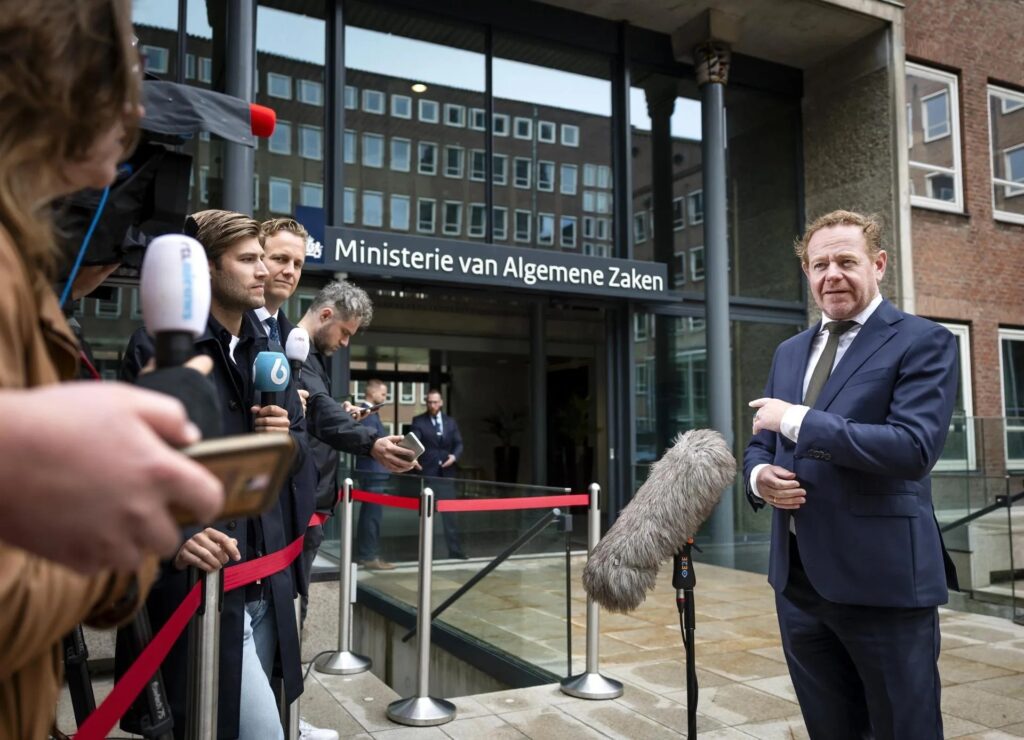Dutch Government’s Plan to Send Rejected Asylum Seekers to Uganda Raises Legal and Moral Alarms
The Dutch government’s secretive deal to transfer rejected asylum seekers to Ugandan detention centers exposes serious legal, ethical, and sovereignty concerns—putting vulnerable people at risk while dodging accountability.

As the Dutch government rushes to finalize an agreement with Uganda to establish deportation centers for rejected asylum seekers, critical questions arise: At what cost is the Netherlands sidestepping its responsibilities? And how does this align with Europe’s—and America’s—broader struggle to maintain sovereign control over immigration? The interim Dutch Minister of Asylum and Migration, David van Weel, remains optimistic about sealing a deal during the United Nations General Assembly week in New York. Yet this plan—notorious for bypassing full parliamentary and international scrutiny—has sparked political unease and legal skepticism within the Netherlands. It reeks of bureaucratic expediency trumping both human...
This is Exclusive Content for Subscribers
Join our community of patriots to read the full story and get access to all our exclusive analysis.
View Subscription Plans